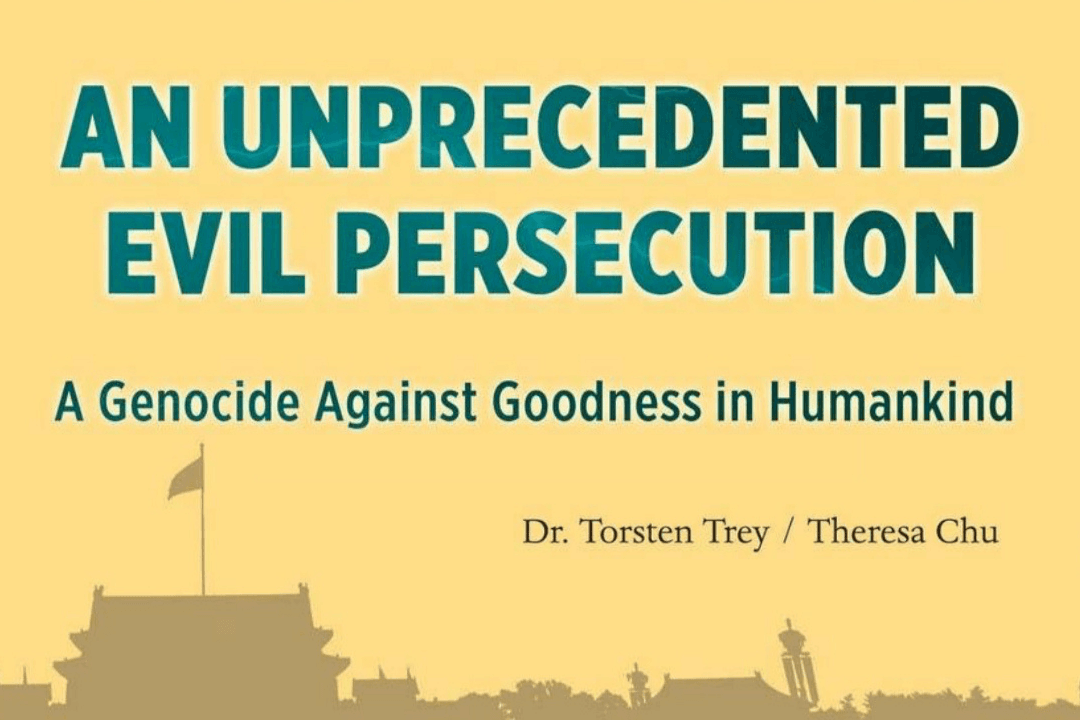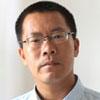The Epoch Times is proud to republish “An Unprecedented Evil Persecution: a Genocide Against Goodness in Humankind” (eds. Dr. Torsten Trey and Theresa Chu. 2016. Clear Insight Publishing). The book helps with the understanding of forced organ harvesting in China by explaining the root cause behind this atrocity: the genocide committed by the Chinese regime against Falun Gong practitioners.
“Four electric batons began to shock me and I felt them as they hit their mark. It was as though my internal organs and all the muscles were jumping around underneath my skin, trying to escape or hide. I was rolling on the floor in agony. When Wang began to shock my penis, I begged him for mercy. My cries for mercy instead prompted laughter and even more flagrant torture.”
“Didn’t you say the CCP used torture? This time we’ll give you the full experience again. Torturing Falun Gong—that’s true, totally true. These twelve sets that we’re using on you, we learned from [torturing] Falun Gong. I’m not afraid of you speaking the truth— in fact I defy you to write it. The chances of you surviving to tell the tale are next to nothing. After we kill you, they’ll never find your body.”



